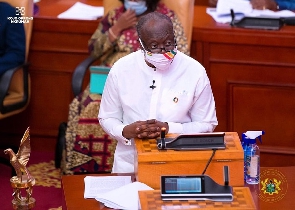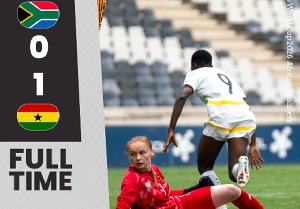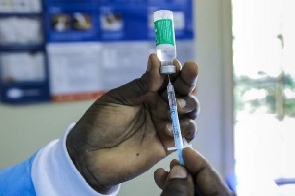The Ministry of Finance has clarified the wrong notion that Ghana has been downgraded as a “low-income country” by the IMF in accordance with its latest Fiscal Monitor.
Following publications in some media houses, the Ministry in a release said, “we wish to state that Ghana continues to be categorized as a “lower-middle-income economy” based on the widely-recognized classification of the World Bank and the UN.”
“The IMF Fiscal Monitor does not aspire at classifying countries by income level. Instead, it analyses the latest public finance developments, updates medium-term fiscal projections, and assesses policies to put public finances on a sustainable footing,” the ministry said.
“The groupings of economies presented in the Fiscal Monitor’s Methodological and Statistical Appendix serve an analytical purpose only. In this appendix, Ghana is conveniently categorized as a “Low-Income Developing Country (LIDC)”, like other Lower-Middle Income Economies such as Côte d’Ivoire, Kenya, Nigeria, and others.”
Ghana’s classification in the recent IMF Fiscal Monitor did not change. In effect, there is nothing like the country being downgraded.
The ministry noted that the government has put in measures including the GHc 100 billion Ghana CARES Obaatanpa programme that will provide the fiscal stimulus to drive growth and economic transformation post-Covid-19 pandemic.
Ghana is projected to maintain a positive economic growth of 0.9% in 2020, representing one of the few “pockets of resilience” on the continent. In 2021 and over the medium term, the Government expects GDP growth to average 5% and the deficit to decline to under 5% by 2024.
“We wish to reassure all Ghanaians that Ghana is still classified as a Lower-Middle Income Country. It is unfortunate that the media houses in Ghana did not contact the Ministry for verification, neither did they contact the offices of the World Bank and/ or the IMF in Ghana for corroboration. Public misinformation of this magnitude has serious implications for the international investor community, especially coming on the heels of a major and successful Eurobond issuance two weeks ago,” the ministry said.
Business News of Thursday, 15 April 2021
Source: business24.com.gh
Ghana not down-graded as a low-income country – Finance Ministry
Entertainment












